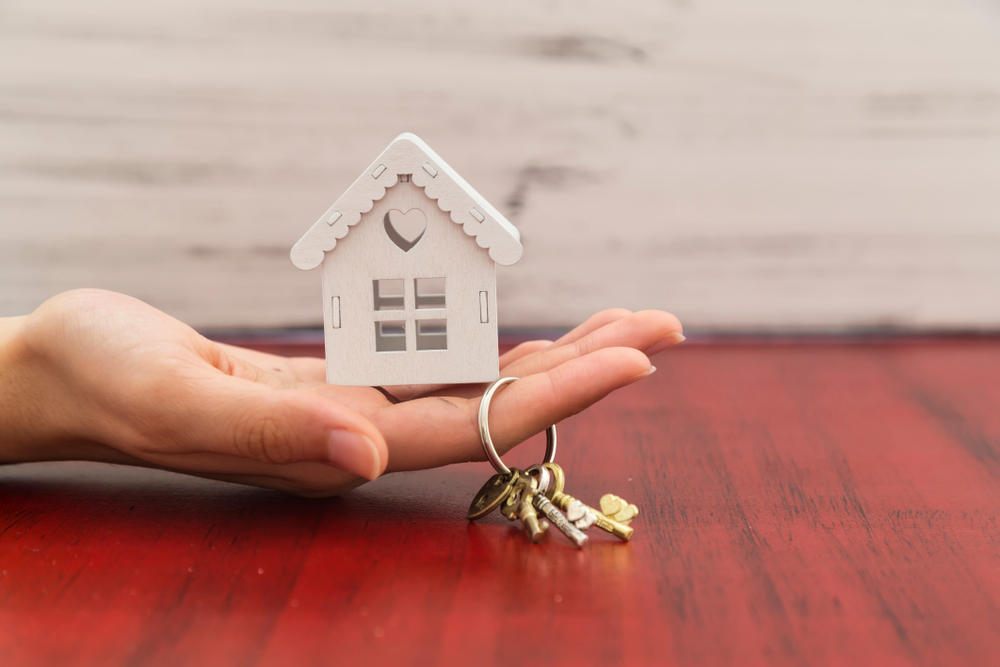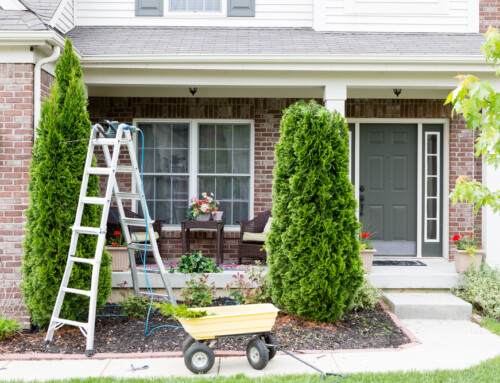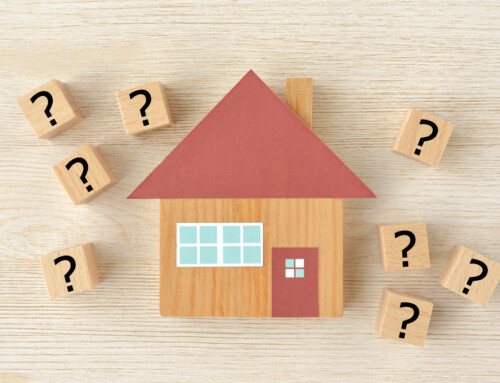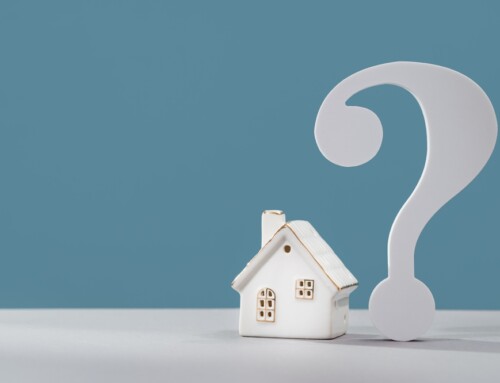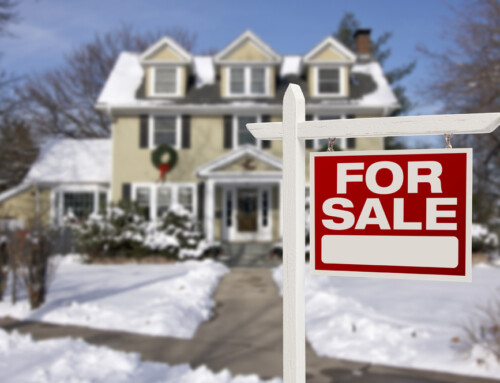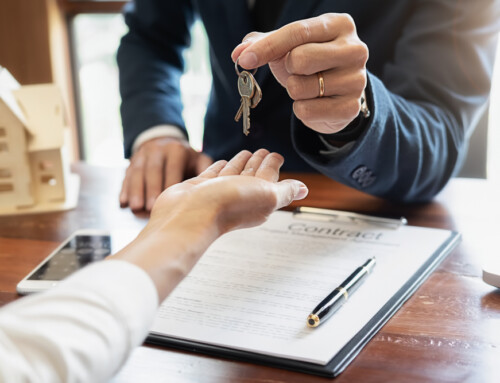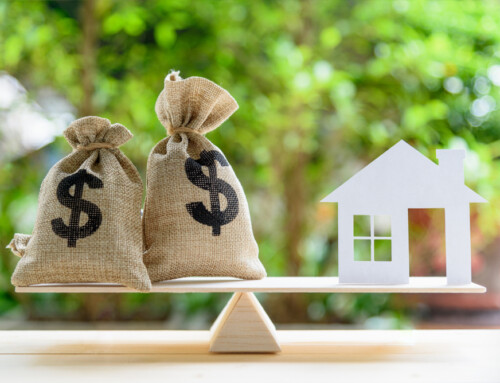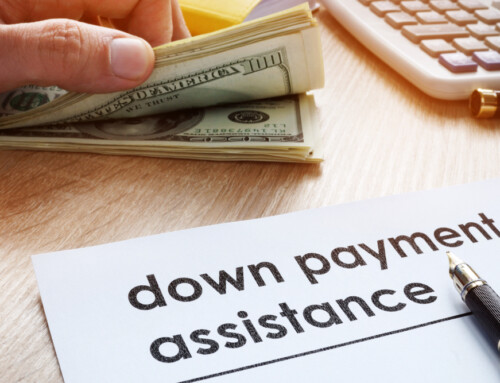While renting has less responsibility and gives you the freedom to move when you want, homeownership is a goal for most people. In today’s housing market, high mortgage rates and high home prices are making many home buyers wary of taking that leap. If you find yourself wondering should you buy a house, ask yourself these questions to determine if you’re ready:
1. How Is Your Credit Score?

Your credit score can affect whether or not you qualify for a mortgage. Your score can be hurt by things like too much debt or a history of late payments, and if it’s low, you may not be able to get a mortgage. A higher credit score will make it easier to qualify for a loan and get you better interest rates. However, if your score is low, you could still get some home loans. A score as low as 500 could qualify for certain loans, though you will likely be required to make a larger down payment and pay higher interest rates.
2. Is Your Debt Manageable?
One thing to look at when asking should you buy a house is whether your debt is manageable. Many mortgage lenders will look at your debt-to-income ratio, which analyzes your monthly debts against your monthly income. The higher this ratio, the more risky you seem to a lender. A lower ratio makes you appear more qualified to handle a mortgage, and it also allows you to have more wiggle room to handle repairs and unexpected expenses as they occur. Ideally, your debt-to-income ratio should be 30 percent or lower.
3. Do You Have Enough for a Down Payment and Closing Costs?
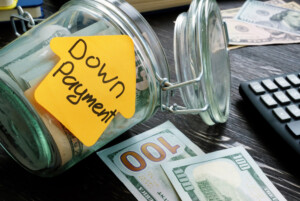
The answer to should you buy a house or not can largely depend on your savings. You need to have enough money saved up to cover a down payment and closing costs. This is one of the largest hurdles for first-time home buyers since there are no funds from selling another home. Your down payment will be a percentage of the overall price of the home, and it can vary based on loan type. Conventional loans usually require 20 percent down to avoid paying private mortgage insurance (PMI). Some loans require less money down, but this means you’re borrowing more and will pay more in interest over time.
4. Can You Afford Home Maintenance and Taxes?
When you rent, your landlord is responsible for covering maintenance costs and property taxes. If something breaks after you buy a house, those expenses are now your responsibility. When questioning should you buy a house, consider whether you have enough extra money set aside to cover additional costs. You don’t want to put all the money you have into your down payment and then be left not being able to cover unexpected expenses if they come up. You will also need to purchase homeowners insurance and pay for property taxes, which can be pricey depending on where the home is located and its level of risk.
5. Is Your Lifestyle Stable?

An important factor to consider when thinking about buying a house is how stable your lifestyle is. If you anticipate moving before you can recover the upfront costs of the home, you may not want to buy right now. You should also have a stable job with steady income. Not only does this make you a lower risk for a home loan, but it also means you won’t need to worry about affording monthly payments or maintenance costs. If you think your job could soon be in danger, wait to buy a house until you have more stability.
6. Do You Know What You’re Looking for in a House?
Once you’ve answered the previous questions to decide if you should buy a house, it’s time to consider whether you know what you want. Before you start shopping around for a home, it’s important to have an idea of the type of home you want and where you want to live. There are a lot of options out there, so it’s best to narrow it down as much as you can to make the home buying process easier. Figure out your needs and the things that are most important to you, such as the commute to work, nearby schools, lot size, etc. Familiarize yourself with the area to help you decide which neighborhood you’d like to live in and then look for homes that check off your most important boxes.
So, should you buy a house? If you’ve decided that you’re ready to buy, it’s now time for the fun part: shopping for houses! There’s a lot to consider as a home buyer, so take a look at this list of things to look for when buying a house to help you find a home that fits your needs and wants.


